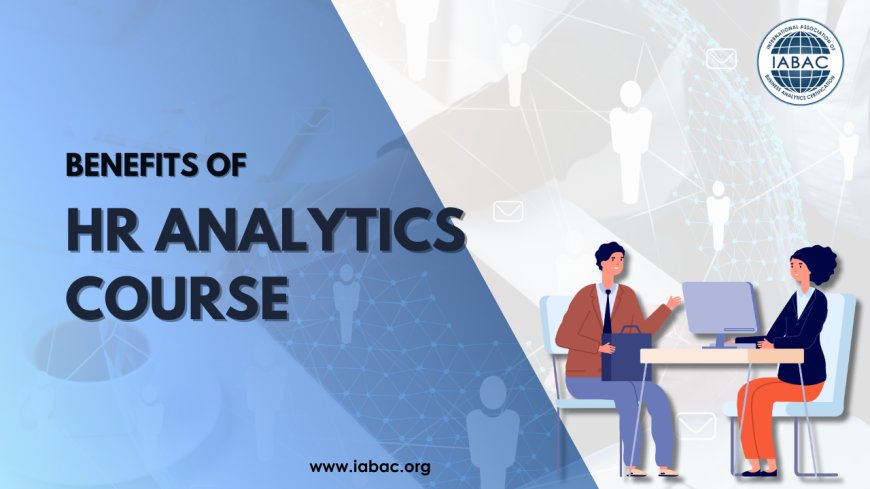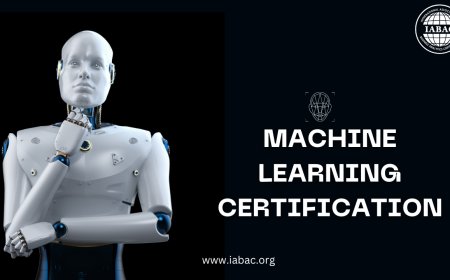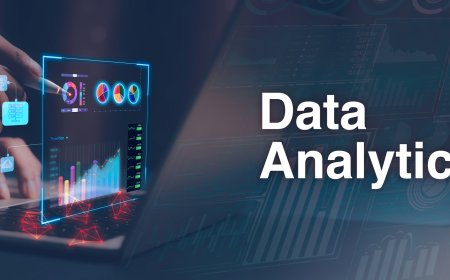Benefits of HR Analytics Course
Learn the benefits of an HR Analytics course: improve decision-making, boost efficiency, and enhance workforce management for business success.

In today's business world, HR analytics is really important. It's all about using data analysis to understand and improve different parts of HR management. By looking at data on things like employee performance, engagement, hiring, and keeping staff, companies can make smarter decisions that help their workforce and overall business do well.
HR analytics gives useful insights that help organizations understand their employees and what they need better. By checking out trends and patterns in data, companies can find areas to make better in things like finding good people, helping staff grow, and keeping them around. This helps businesses make smart decisions that make employees happy, work better, and help the business grow. As businesses see how important their people are, HR analytics is becoming a key tool for making HR processes better and making the business grow.
Understanding the Significance of HR Analytics
HR analytics is all about using data analysis to make HR better. It means gathering and looking at data about things like how employees work, how happy they are, and how many new people are hired. By doing this, companies can learn a lot and make smarter decisions about HR.
HR analytics is important because it helps companies understand their staff better and make better choices. By looking at HR data, companies can see patterns and trends they might not notice otherwise. This helps HR teams:
1. Hire Better: HR analytics helps find the best ways to hire new people and know when more staff are needed.
2. Make Employees Happier: By checking things like job satisfaction and feedback, HR analytics can find out what makes staff happy and how to make them even happier.
3. Keep Staff Longer: By looking at why people leave and what they say, HR analytics helps find ways to keep staff around longer.
4. Help People Learn More: HR analytics can show what skills staff need to learn and how they can grow in their careers.
5. Make Smart Choices: HR analytics gives HR teams and bosses the facts they need to make big decisions, like how many people to hire and who should get promoted.
In short, HR analytics helps make HR better by giving companies the facts they need to understand their staff, make better HR plans, and do well as a business.
Benefits of an HR Analytics Course
Taking an HR analytics course offers several advantages that can boost your career and skill set:
1. Enhanced Skill Set: By completing an HR analytics course, you'll gain proficiency in important areas like data analysis, reporting, and HR technology. This means you'll be better equipped to understand and interpret HR data, helping you make more informed decisions in your role.
2. Career Advancement: With the skills acquired from an HR analytics course, you'll be well-positioned for career advancement. Companies value employees who can analyze data effectively, and possessing these skills can open up opportunities for promotions, leadership roles, and higher salaries.
3. Practical Application: One of the key benefits of an HR analytics course is the opportunity to apply what you've learned to solve real-world HR challenges. Whether it's predicting employee turnover, optimizing recruitment processes, or improving employee engagement, you'll have the skills to tackle these issues using data-driven insights.
4. Networking Opportunities: Enrolling in an HR analytics course also provides networking opportunities. You'll have the chance to connect with other professionals and experts in the field, both within the course and through associated events or platforms. Networking can be invaluable for career growth, as it allows you to learn from others, exchange ideas, and potentially even find job opportunities.
Overall, an HR analytics course equips you with valuable skills, enhances your career prospects, provides opportunities for practical application, and allows you to build a professional network—all of which contribute to your success in the field of HR analytics.
Types of HR Analytics Courses
HR analytics courses come in different styles to match different ways of learning:
1. Introductory HR Analytics Courses: These are usually aimed at HR professionals who are new to analytics. They cover basic concepts, terminology, and tools used in HR analytics.
2. Advanced HR Analytics Courses: These courses delve deeper into analytical techniques and methodologies specific to HR, such as predictive modeling, data visualization, and statistical analysis.
3. Strategic HR Analytics Courses: Focused on aligning HR analytics with organizational goals and strategies. These courses emphasize using analytics to drive decision-making and improve overall business performance.
4. Technical HR Analytics Courses: For those who want to develop specific technical skills, such as proficiency in statistical software (e.g., R, Python), database management, or machine learning algorithms.
5. HR Metrics and Reporting Courses: These courses focus on identifying, measuring, and reporting key HR metrics and KPIs (Key Performance Indicators) relevant to organizational performance and strategic objectives.
6. Ethical and Legal Considerations in HR Analytics: Given the sensitive nature of HR data, courses in this category cover ethical considerations, privacy concerns, and legal compliance issues related to HR analytics.
7. Industry-Specific HR Analytics Courses: Tailored to specific industries (e.g., healthcare, finance, tech), these courses address unique challenges and opportunities for HR analytics within particular sectors.
8. HR Data Visualization Courses: Focus on techniques for presenting HR data effectively using graphs, charts, and dashboards to communicate insights and findings to stakeholders.
9. HR Analytics for Talent Management: Concentrate on using analytics to improve talent acquisition, retention, development, and succession planning strategies within organizations.
10. HR Analytics Certification Programs: Comprehensive programs that cover multiple aspects of HR analytics, often including a mix of theoretical knowledge, practical skills, case studies, and assessments leading to a certification credential.
How to Choose the Right Course?
When selecting an HR analytics course, it's essential to consider your current skill level, career goals, and the specific needs of your organization or industry.
1. Know Yourself: Reflect on your current skill level in HR analytics and what specific areas you want to improve or learn about. Consider your learning style and how much time you can dedicate to studying.
2. Do Your Research: Look into the course syllabus to see if it covers topics that align with your learning objectives. Investigate the background and expertise of the instructors to ensure they have relevant experience and knowledge in HR analytics. Additionally, explore online forums or social media groups to gather insights from individuals who have taken the course before.
3. Listen to Others: Reviews and feedback from previous students can provide valuable insights into the quality and effectiveness of the course. Pay attention to both positive and negative reviews to get a balanced perspective.
4. Think Practically: Evaluate the practical aspects of the course, such as the cost, duration, and format (e.g., online or in-person). Determine if the course fits within your budget and schedule. Also, consider whether the course offers any certification or credentials that may be valuable for your career advancement.
5. Compare Your Options: Take the time to compare multiple HR analytics courses to find the one that best meets your needs. Look for courses that offer the most comprehensive content, reputable instructors, and practical benefits relative to the cost and time investment required.
So, to sum it all up, when choosing an HR analytics course, think about what you want to learn, who's teaching, how much it costs, and how long it takes. Learning HR analytics is key for personal and professional growth. If you're considering it, take the plunge! It could lead to exciting new opportunities in your career. Ultimately, investing in HR analytics education is a wise move for anyone looking to advance in the field of human resources.











































